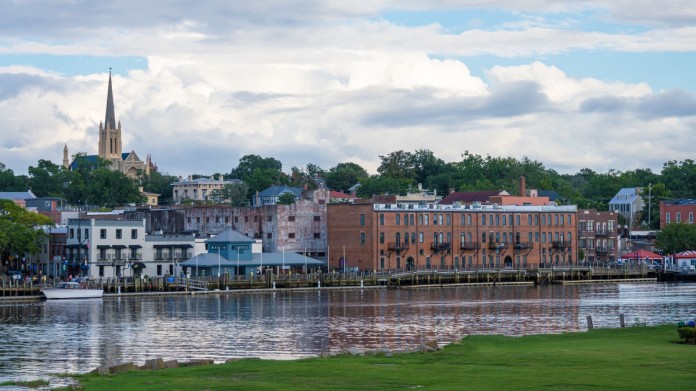Where do calls go?
Calls to numbers on a specific treatment center listing will be routed to that treatment center. Calls to any general helpline will be answered or returned by one of the treatment providers listed, each of which is a paid advertiser: Rehab Media Group, Recovery Helpline, Alli Addiction Services.
By calling the helpline you agree to the terms of use. We do not receive any commission or fee that is dependent upon which treatment provider a caller chooses. There is no obligation to enter treatment.

